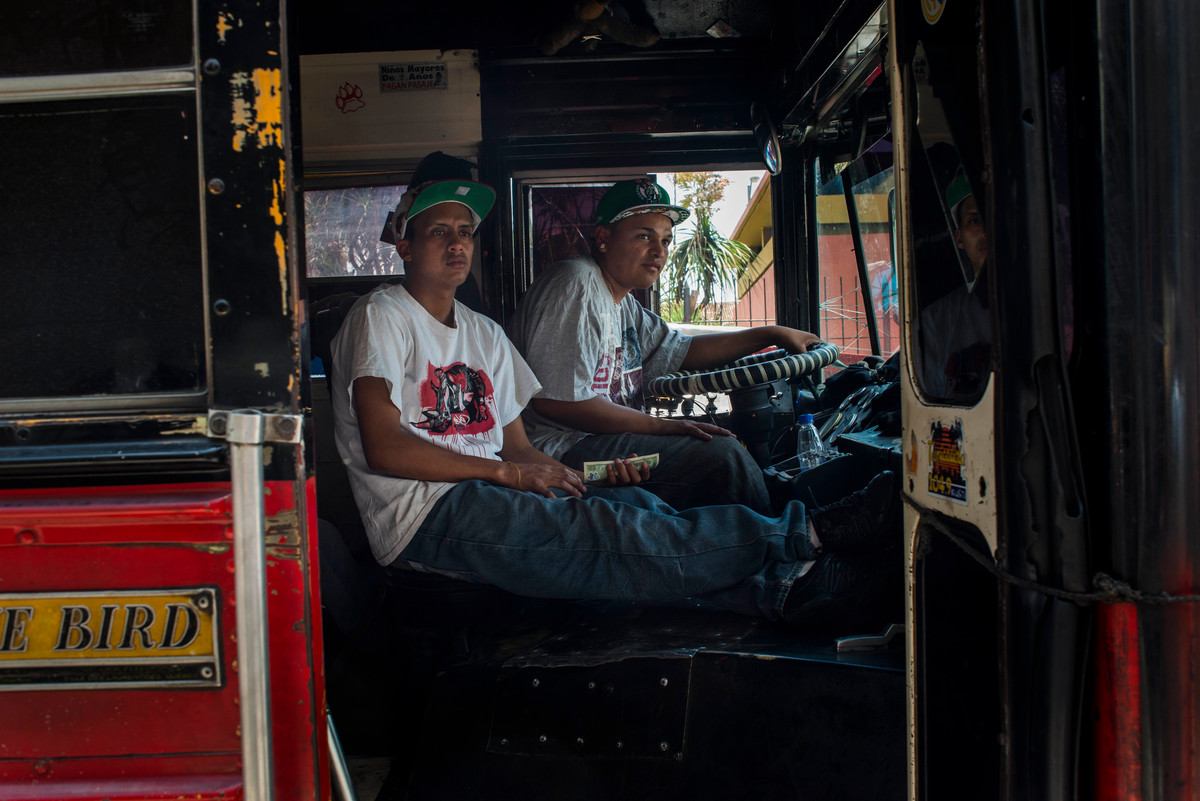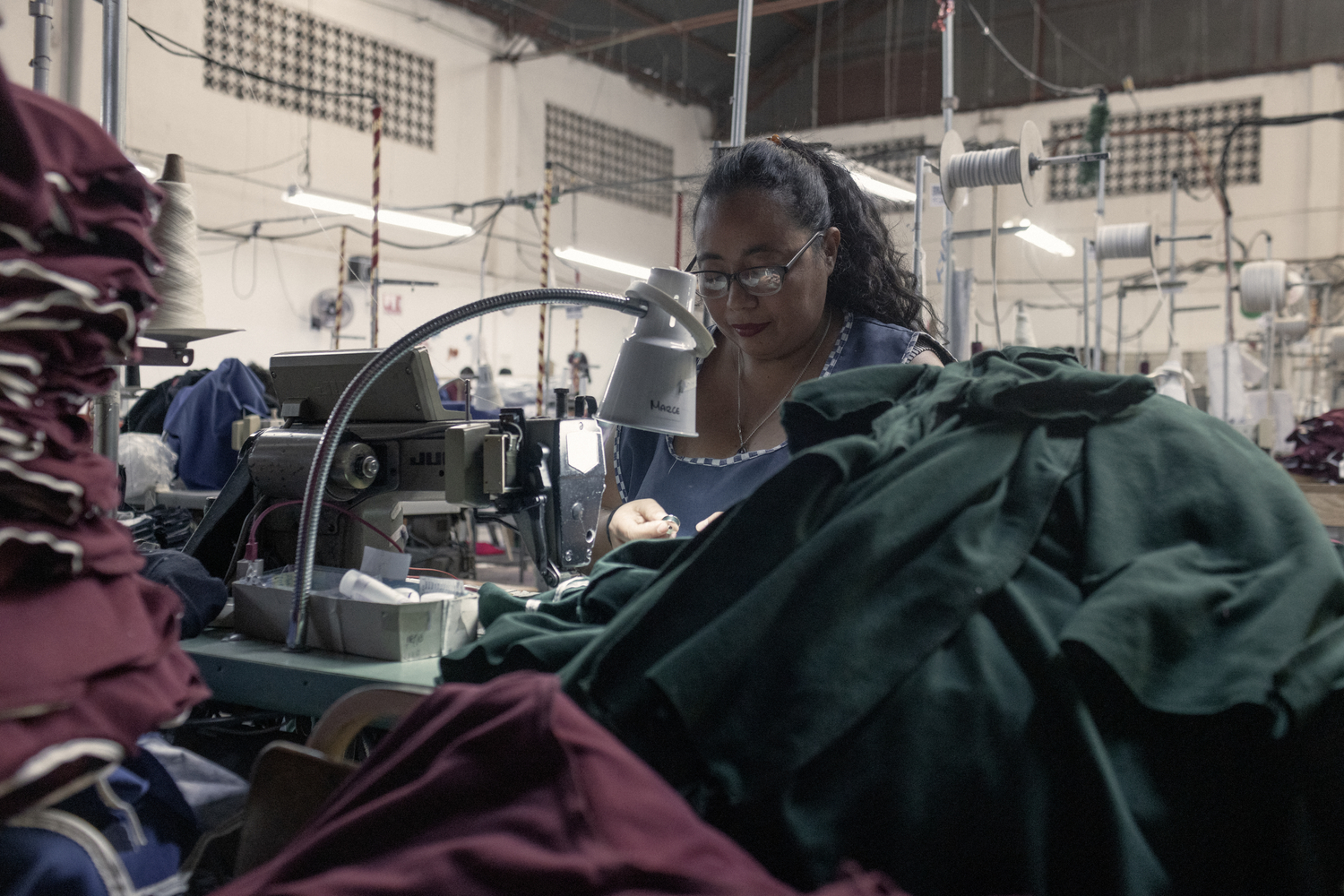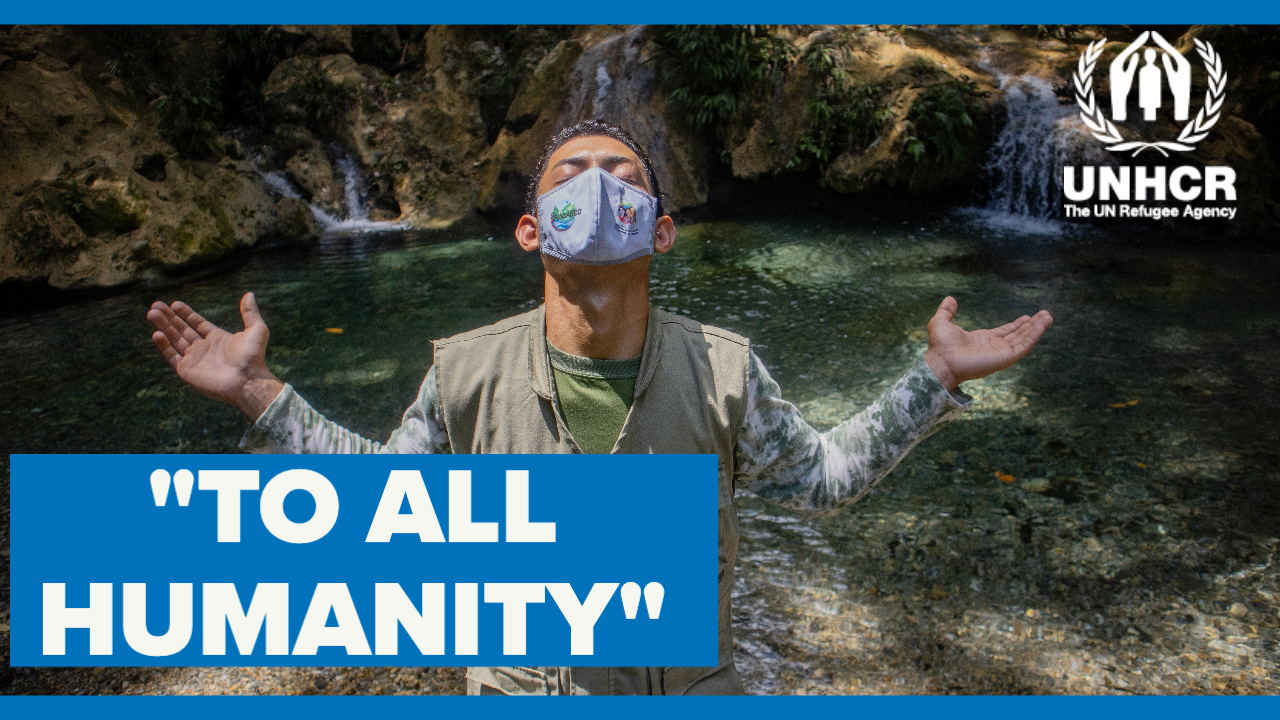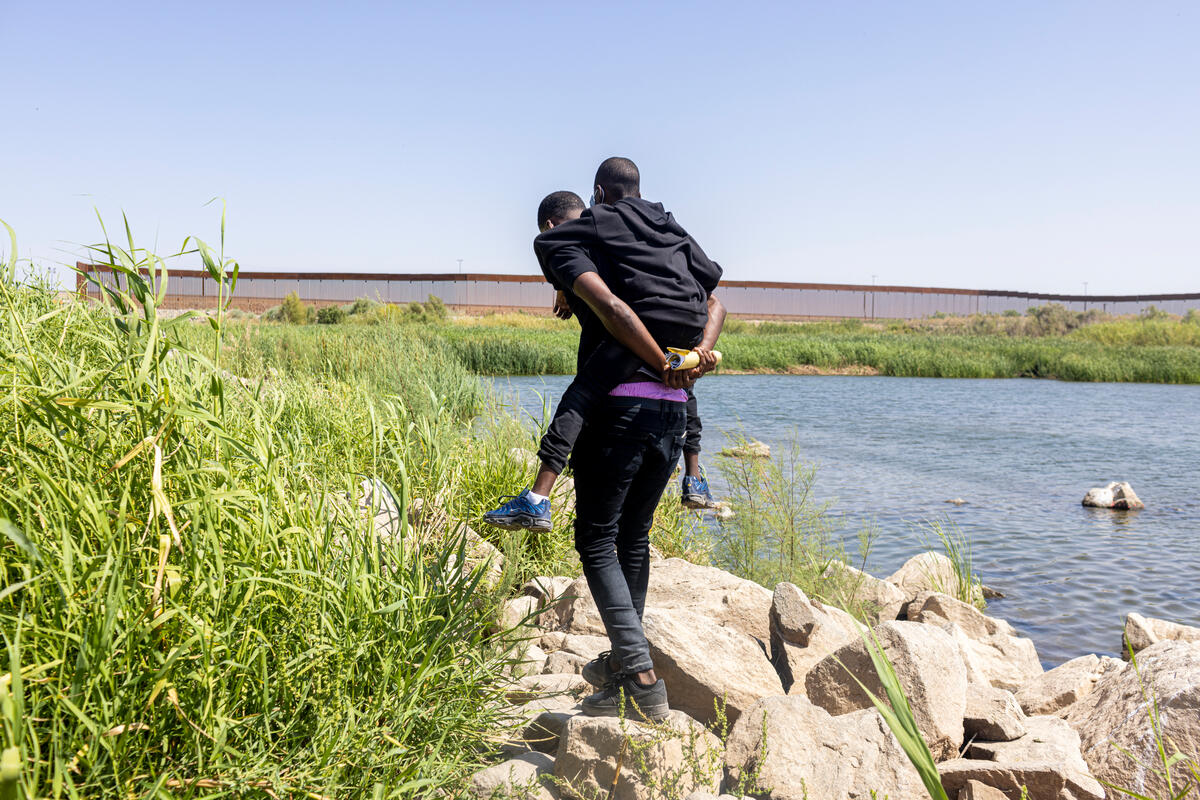Gangs menace Central Americans seeking refuge in Guatemala

Gangs menace Central Americans seeking refuge in Guatemala
When a gang member tried to deposit a large amount of cash into an account in the Honduran capital, Tegucigalpa, the bank teller, Alejandro,* asked him to get a certificate proving that it was not dirty money. That's when the death threats started.
Forced to run for his life in 2010, Alejandro hoped he was beyond the gang’s reach in neighbouring Guatemala. But when he stepped into an elevator last year, at a large shopping mall in a swank neighbourhood of the capital, he found the gang member who threatened him standing there.
“I thought I was dead,” Alejandro recalls. “He started to stare, and insist he knew me… We went up 14 floors together. I don’t know how I stayed calm.”
The 29-year-old believes that the weight he lost during six years on the run may have saved him from being recognized by the member of the street gang, or "mara," as they are known in Central America.
Wars and persecution have driven more than 65 million people from their homes, the highest number since UNHCR records began. Among them are a surging number of people fleeing gangs in Honduras and El Salvador, where violence is now worse than at any time since the bloody conflicts that convulsed the region in the 1980s.
Some refugees find that – even in exile – they are unable to escape the menace of the violent street gangs.
Some, like Alejandro, find that – even in exile – they are unable to escape the menace of the criminal organizations whose reach is international.
“I’m not safe here,” he says, enumerating his brushes with the gangs in Guatemala City, much of which is controlled by the gun- and knife-wielding "mareros," whose rackets range from rape and murder to drug dealing, extortion and robbery.
“Last Wednesday, at the bank, I saw the mother of the people who threatened me. Two days later, this happened,” he continues, drawing back his sleeves to reveal grazes sustained when local gang members flung him from a bus after stealing his wallet and cell phone.
“The maras get on board, show you their pistols and say: ‘Do you want to cooperate or do you want us to make problems?’ Then they go around collecting valuables from people, just like at home in Tegucigalpa,” he says.
The Mara Salvatrucha and its arch-rival, Barrio 18, emerged out of the chaos of civil wars that wracked Guatemala and El Salvador in the 1980s. The legacy of conflict and poverty also provided fertile conditions for growing institutional corruption and the consolidation of their increasingly organized criminal activities.
The gangs, and their affiliates, now operate throughout the so-called Northern Triangle of Central America, comprising El Salvador, Honduras and Guatemala. Refugees fleeing one country to another increasingly report being snared in their activities, among them Omar*, a former soldier turned bus driver who fled El Salvador after gang members nearly succeeded in killing him.
Red-eyed with tiredness, his hands caked with dust and motor oil after another 15-hour shift driving buses through the capital’s crowded streets, he watches the rain pour down the windows of a shelter in Guatemala City. He explains how he first fled his home in rural El Salvador in 2009, after witnessing the murder of his neighbour.
“The maras saw me watching as they shot him in the head,” he says. “The next day, as I was finishing my bus route, a policeman asked me to get down off the bus. I heard another voice say: ‘That’s the one who saw us.’ I didn’t hear the gunshot.”
The bullet struck him in the head. Miraculously, it passed under his ear and through his jaw.
“I woke up 20 seconds later, with my blood and teeth in a pool around my face.”
“I woke up 20 seconds later, with my blood and teeth in a pool around my face,” he said, tilting his head to show the scars. “Soon, the maras found out I had survived, and passed on a warning to my boss.”
Omar fled to the United States, but was subsequently deported. On returning to El Salvador, he found that his daughter Eunice,* then 15, had given birth to a child after being raped by a local mara leader. Omar called the police.
“It was a mistake to report the crime,” he says bitterly. “The police just told my daughter’s rapist who had reported on him.”
Now 52, Omar, his daughter and his granddaughter, Sofia, fled to Guatemala in the dead of night, but, according to Omar, they remain in “the same situation” as the one they fled.
Eunice has received a string of threatening Facebook messages from members of the same gang whose boss raped her. She also claims to have recognized another member of that gang while walking through the park near her home.
Moreover, Omar reports being extorted during his bus rounds by a local branch of the same gang he thought he had escaped.
“I earn 500 quetzales per week,” he said, a sum equivalent to US$65. “Of that, I pay 200 quetzales [US$26] to a bunch of teenage maras. They got on board one day, threatened me with their pistols and gave me a phone so they could arrange where to make payments. It’s the same dynamic I experienced on bus routes in El Salvador.”
Omar and Alejandro’s bitter realization that they were still not safe in the country where they sought refuge is far from unique today, as dramatic new conflicts breakout, or reignite around the world, and lasting solutions for the forcibly displaced – such as resettlement to a third country, or safe return home – remain elusive.
While global figures are hard to pin down, UNHCR, the UN Refugee Agency, is noting numerous instances in which potentially deadly threats are catching up with refugees in the places they have sought protection – whether in the Middle East and Africa, or in countries in the northern region of Central America, in the grip of the maras.
"These criminal groups… have brought a silent war to Guatemala, El Salvador and Honduras."
“The presence of these criminal groups crosses borders. They have brought a silent war to Guatemala, El Salvador and Honduras,” said Enrique Valles-Ramos, the head of the UNHCR’s Guatemala office. “Because of this, many refugees will flee to Guatemala from situations which are very dramatic, and find similar realities to those that they have fled. The cases of people fleeing gang persecution and violence are among the most vulnerable that we see.”
Faced with proliferating insecurity, and a related shrinking of areas of real safety, UNHCR has called for greater diplomatic efforts to find lasting solutions to the conflicts and abuses that are driving people from their homes – and now, all too frequently, keeping them on the run.
“Guatemala is no refuge,” Omar says. “The people who want my family and I dead could be here in three hours if they wanted.”
This story is part of a larger package featuring reports from the Democratic Republic of Congo and Iraq about people who have been forced to flee multiple times.
*Names have been changed for protection reasons.















